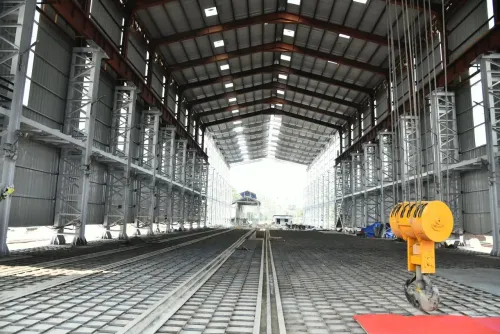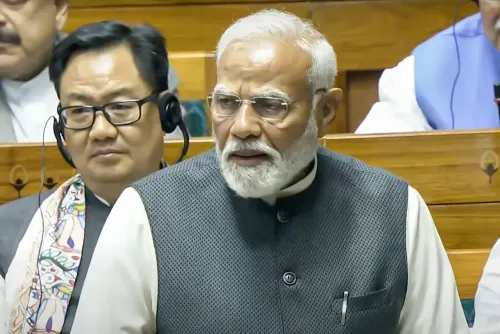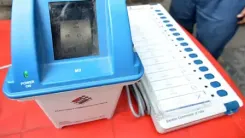Emergency Meeting in South Korea Regarding US Steel and Aluminum Tariffs

Synopsis
Key Takeaways
- South Korea held an emergency meeting over US tariff plans.
- Concerns arise for local businesses affected by 25% tariffs.
- Major steel companies participated in the discussions.
- South Korea accounts for 13% of US steel imports.
- Potential price hikes for vehicles and appliances are anticipated.
Seoul, Feb 10 (NationPress) The industry ministry of South Korea convened an urgent meeting on Monday to evaluate the potential repercussions for domestic enterprises due to the United States' intention to enforce a 25 percent tariff on all steel and aluminum imports.
The Ministry of Trade, Industry and Energy engaged with representatives from prominent local steel manufacturers, such as POSCO Holdings Inc. and Hyundai Steel Co., to deliberate on strategies in response to the suggested US tariffs, as stated by officials from the ministry.
Earlier on the same day, US President Donald Trump announced that he would disclose the implementation of a new 25 percent tariff on all steel and aluminum imports into the US.
This announcement heightened worries that South Korean companies might face direct consequences from the expected US tariffs, differing from the previous tariff measures taken against Canada, Mexico, and China.
According to statistics from the Korea International Trade Association (KITA), South Korea constitutes approximately 13 percent of US steel imports.
In 2018, Trump had enforced a 25 percent tariff on all steel imports to the US, citing concerns regarding national security.
At that time, the US exempted South Korean steel products from the tariffs in exchange for an annual import quota of 2.63 million tons, which represented around 70 percent of Seoul's average export volume from 2015-2017.
During the emergency meeting, Deputy Trade Minister Park Jong-won stated that the government would respond proactively to the changes in US trade policy by utilizing all available networks and collaborating closely with relevant industries.
Officials from local steel producers Hyundai Steel and POSCO Holdings mentioned they are closely observing the evolving situation due to uncertainties surrounding US trade policies.
Prior to Trump's recent announcement, Hyundai Steel was contemplating the establishment of a steel mill in the US.
The local automotive and home appliance sectors are also closely monitoring Trump's decision, as they may face impacts from tariffs on steel and aluminum, as reported by Yonhap news agency.
Market analysts predict that tariffs on South Korean steel and aluminum could trigger a price increase for Korean vehicles and home appliances, as these industries utilize local steel and aluminum.
For example, Hyundai Steel supplies steel products from its facility to Hyundai Motor Group's manufacturing plants in the US.










